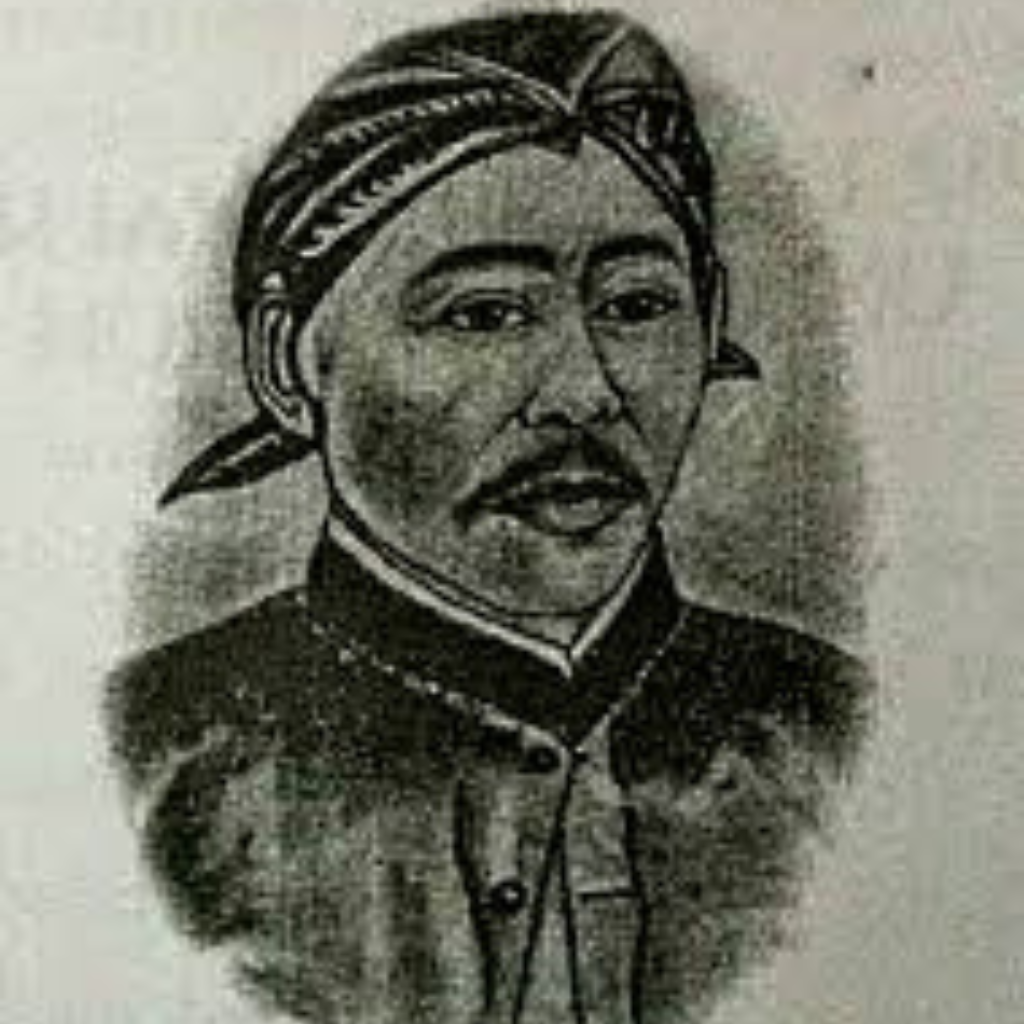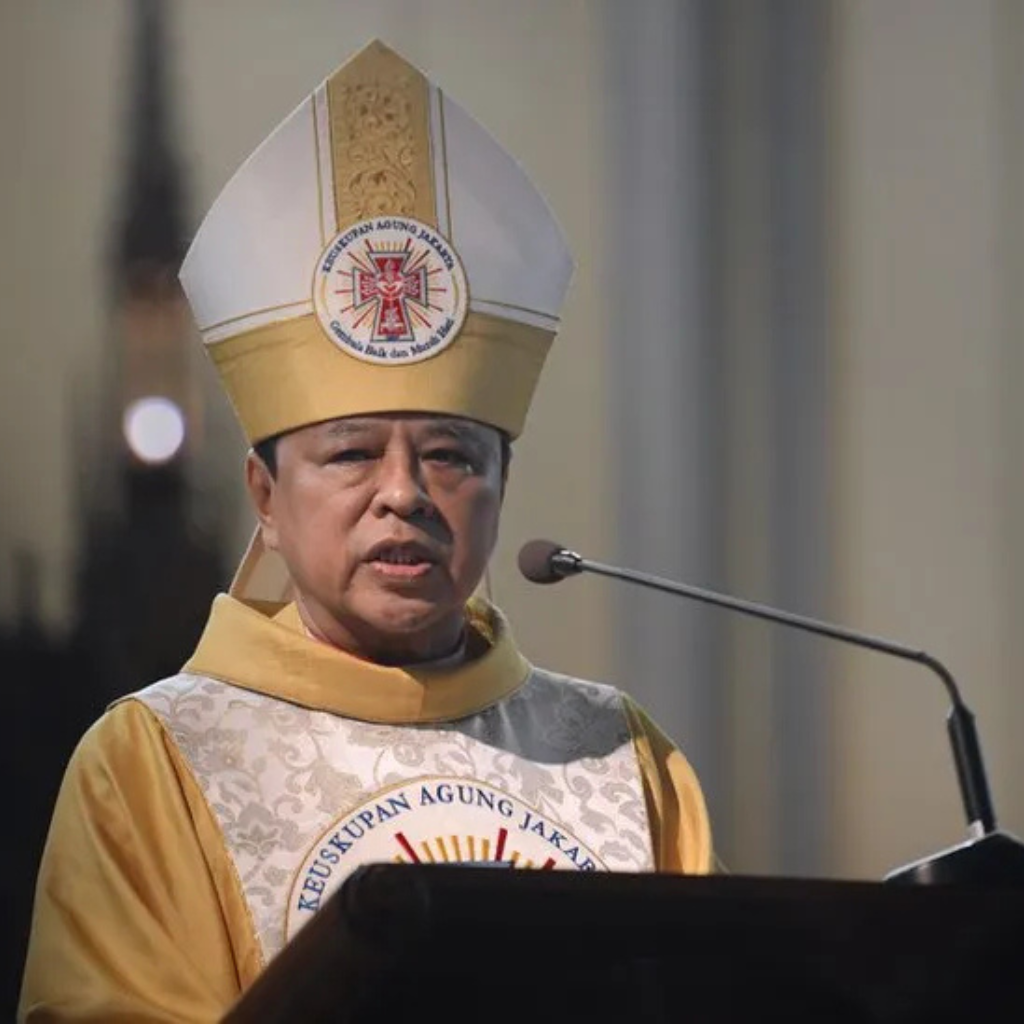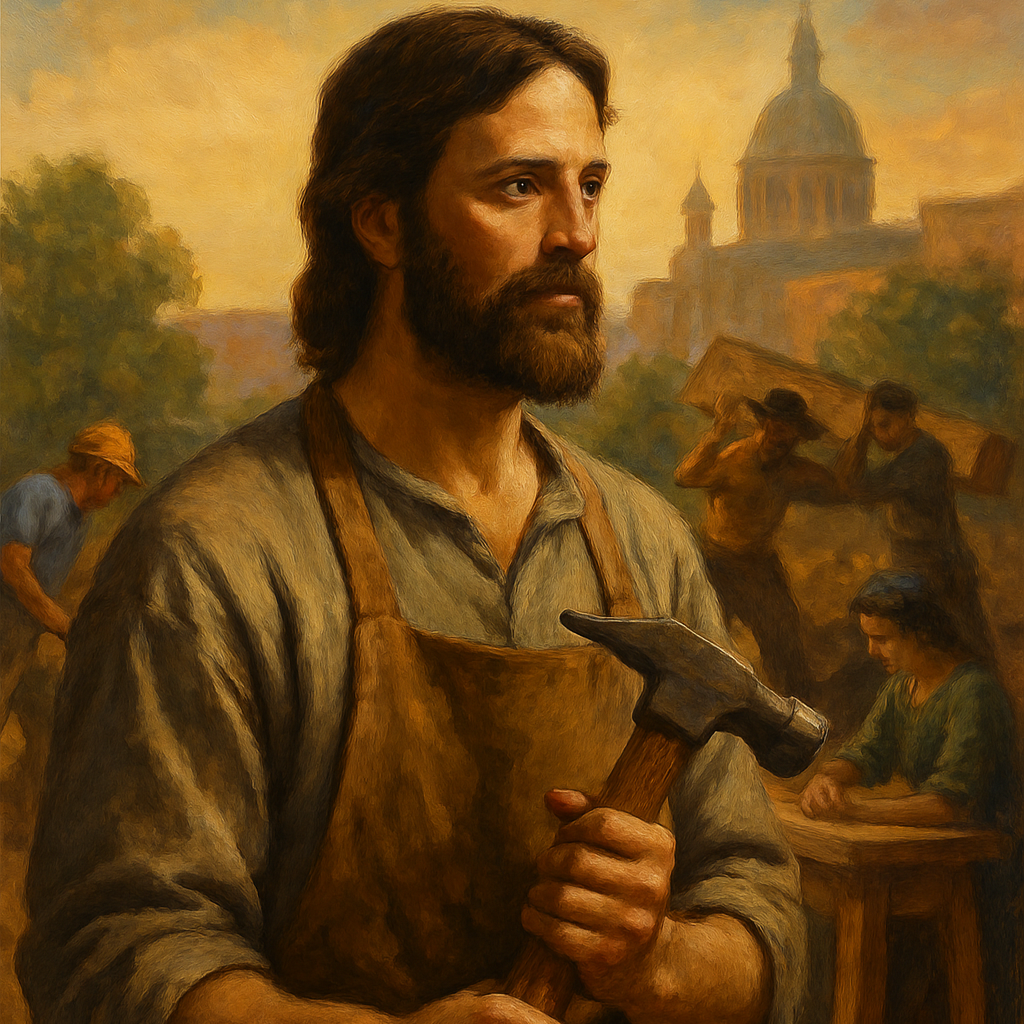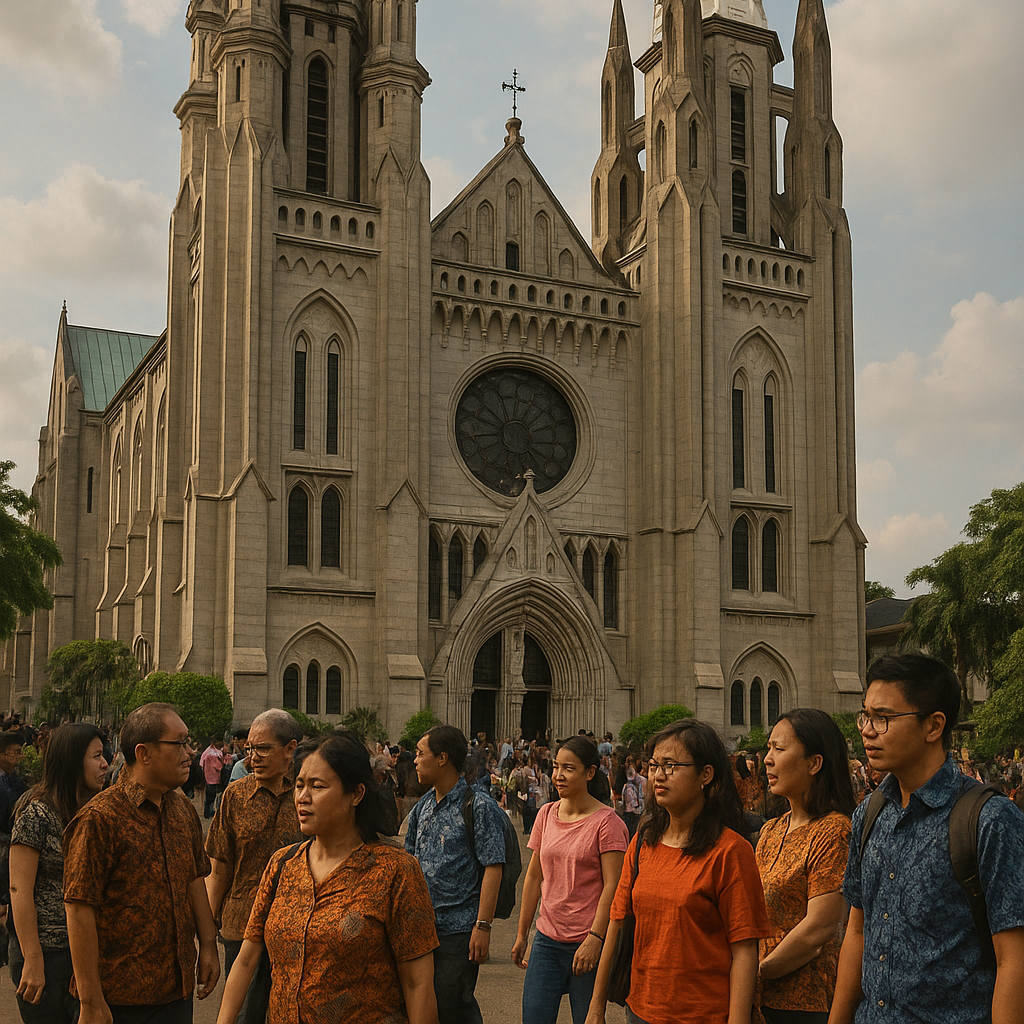Paulus Tosari: A Pioneer of Javanese Christianity that Unites Faith and Culture
theolingua.id – Paulus Tosari is one of the important figures in the history of the development of Christianity in East Java. His journey in finding faith was not easy, given that he came from a Madurese Muslim background and initially lived in the world of gambling and folk entertainment. However, his encounter with Christianity brought by Coenrad Laurens Coolen changed the course of his life. With great enthusiasm, he began to adapt Christian teachings into Javanese culture, so that they could be more accepted by the surrounding community.
As a church leader, Paulus Tosari was not only instrumental in spreading the gospel, but also in developing worship practices that honoured Javanese traditions. He composed the song ‘Rasa Sedjati’, which contains spiritual teachings about man’s relationship with God, and contributed to the establishment of the Mojowarno Church. This legacy became one of the important milestones in the development of the Jawi Wetan Christian Church (GKJW) that is still remembered today.
The Beginning: Encounter with Coolen
Paulus Tosari was born Kasan in Kedungturi village, Surabaya, in 1813. He came from a Madurese Muslim family, but his youthful life was filled with gambling and tledekan entertainment. Although intelligent, he was not interested in Islamic boarding school education and eventually suffered an economic downturn due to his penchant for gambling.
In 1840, Kasan heard the teachings of Coenrad Laurens Coolen in Ngoro, a village founded by Coolen after obtaining a licence from the Dutch East Indies government in 1827. Coolen, who had mixed Dutch and Javanese blood, ran the village government on Christian principles without religious coercion. He taught the concept of forgiveness of sins through Christ, which caught Kasan’s attention. Feeling enlightened, Kasan studied with Coolen and later changed his name to Tosari, which means ‘dew’, as a symbol of the coolness of his faith.
Christianisation and Role in the Congregational Community
Coolen inculcated Christian teachings that were in harmony with Javanese culture, but he rejected baptismal practices and Western customs. However, many of his followers, including Tosari, wanted to accept baptism. In 1844, Tosari was baptised by Johannes Emde in Surabaya under the name Paulus Tosari.
This decision led to conflict with Coolen, who saw baptism as a form of assimilation into Western culture. As a result, Coolen’s baptised followers decided to establish their own community in Mojowarno, about six kilometres from Ngoro. Paulus Tosari was appointed as the leader of the congregation there. The congregation adopted many elements of Western culture in their worship, such as wearing European clothes and avoiding traditional arts that were considered sacred.
On 29 March 1851, Paulus Tosari was officially appointed as the leader of the Javanese Christian congregation in Mojowarno based on a decree from the Protestant Christian Assembly in Surabaya. His success in leading the congregation earned him respect, even from Dutch missionaries who were often sceptical of indigenous Christian leaders.
The Use of Wayang and Javanese Literature in the Spread of the Gospel
Despite receiving baptism and leading the congregation with a more structured system, Paulus Tosari retained some elements of Javanese culture in spreading the gospel. One of the unique ways he used was through the art of wayang. For him, wayang was an effective means of teaching Christian values to the Javanese people who were already familiar with this tradition.
In addition, he also created a collection of songs entitled Rasa Sedjati, which consists of 23 long verses in various traditional Javanese rhythms, such as asmaradana, kinanthi, and pangkur. These poems contain spiritual teachings about man’s relationship with God and the importance of faithfulness in faith. Here is an excerpt from one of the poems:
‘Rasa sajati pinangkanipun sakingi Gusti Allah; without rasa sajati manungsa boten leres wonten ngarsanipun Pangeran.’
Tembang Rasa Sedjati has become a valuable legacy and continues to be sung by congregations in East Java, especially in moments of spiritual reflection before bedtime.
The legacy of Paulus Tosari and the Mojowarno Church
Under the leadership of Paulus Tosari, the Mojowarno Christian community grew rapidly. On 8 March 1881, the Mojowarno church was inaugurated, becoming a symbol of the growth of Christian faith in East Java. This church later became the centre of the development of the Jawi Wetan Christian Church (GKJW), which was officially established on 11 December 1931 after uniting 29 congregations in East Java.
Paulus Tosari’s legacy is not only seen in the physical form of the church, but also in evangelistic methods that harmonise Christian faith with local culture. Through his innovative approach, he succeeded in making Christianity more relevant to Javanese society.
Conclusion
Paulus Tosari is a figure who proves that faith and culture can co-exist. By adapting the gospel to Javanese culture through wayang and Rasa Sedjati songs, he paved the way for the growth of Christianity in East Java. His efforts not only made Christianity more acceptable to the local people, but also created a unique identity for the Javanese Christian community that retained their cultural values.
The Mojowarno Church and GKJW are clear evidence of his influence that still endures today. With an approach that honoured local traditions, Paul Tosari succeeded in bringing many Javanese to the knowledge of God without losing their cultural roots. Through his teachings, he not only changed his own life, but also laid the foundation for the development of Christianity in East Java that is deeply rooted in local wisdom.








